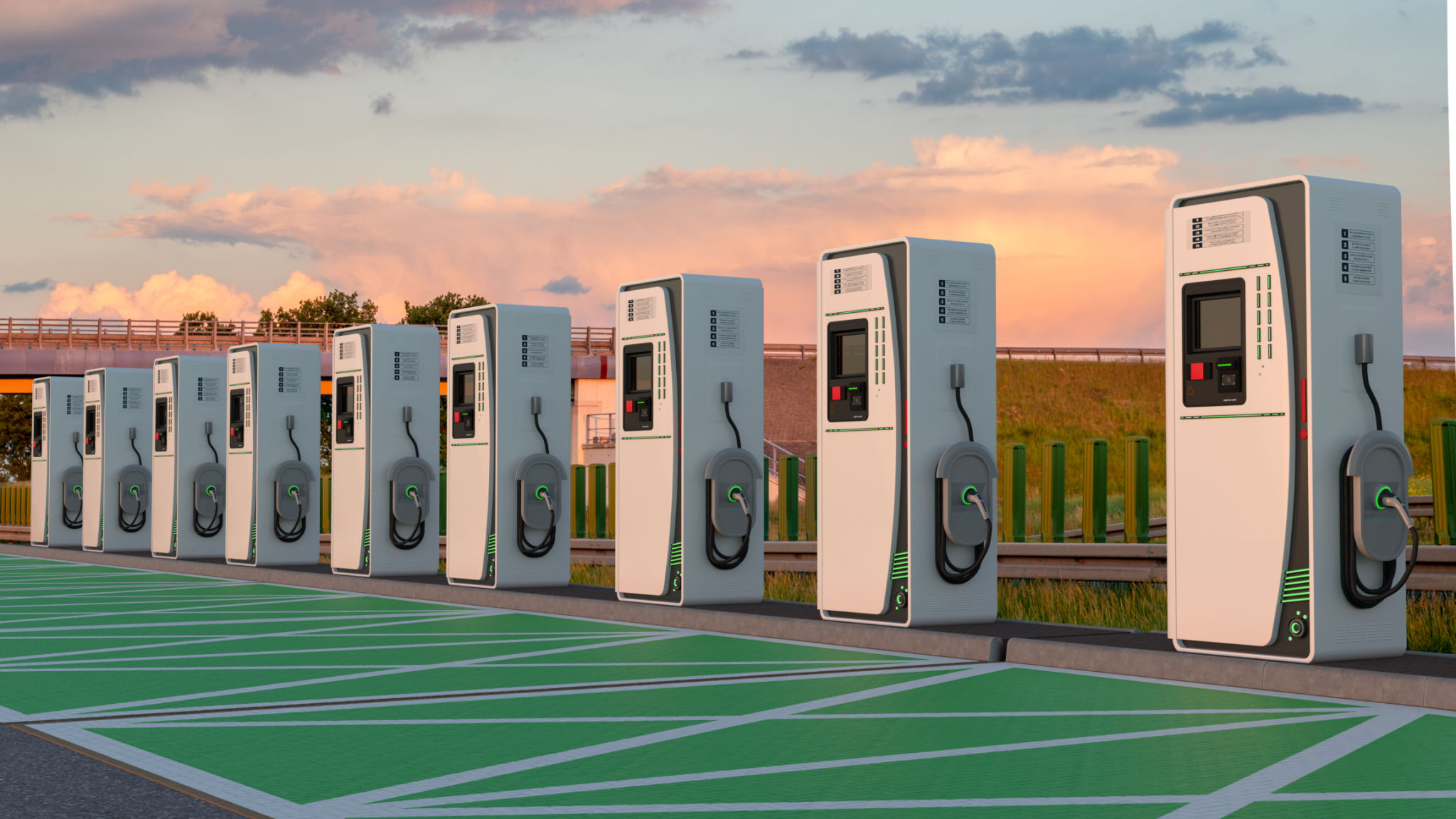Electric Innovation: What It Means for Canadian Households Today
Understanding Electric Innovation
Electric innovation is transforming the way Canadian households operate, ushering in an era of increased efficiency, sustainability, and convenience. From smart appliances to electric vehicles (EVs), these advancements are reshaping daily life. But what does this mean for the average Canadian household?

Impact on Energy Consumption
One of the most significant benefits of electric innovation is the potential reduction in energy consumption. Smart home technologies, such as intelligent thermostats, lighting systems, and energy-efficient appliances, allow homeowners to monitor and control their energy use more effectively. This not only leads to cost savings but also supports a more sustainable lifestyle.
According to recent studies, households that incorporate smart technology can reduce their energy consumption by up to 30%. This is a substantial saving, considering the rising energy costs across Canada. Moreover, these technologies provide real-time data and insights, enabling homeowners to make informed decisions about their energy use.
Electric Vehicles: A Driving Force
Electric vehicles are gaining traction in Canada, with more households considering the switch from traditional gasoline-powered cars. EVs offer numerous benefits, including lower operating costs, reduced emissions, and government incentives that make them more affordable. As the charging infrastructure continues to expand across the country, owning an electric vehicle is becoming increasingly convenient.

For Canadian families, electric vehicles can significantly lower transportation costs over time. The maintenance expenses for EVs are generally lower compared to conventional cars, and the cost of electricity as fuel is cheaper than gasoline. This shift not only benefits households financially but also contributes to national efforts in reducing carbon emissions.
Smart Appliances: The Future of Home Living
The integration of smart appliances into Canadian households is another aspect of electric innovation. These advanced devices offer convenience and efficiency, often featuring remote control capabilities through smartphones. From refrigerators that monitor inventory and suggest grocery lists to washing machines that optimize water usage based on load size, smart appliances are transforming home management.
Moreover, these appliances are designed to work seamlessly with renewable energy sources such as solar panels. This integration allows homeowners to maximize the use of clean energy and further reduce their carbon footprint.

Government Support and Incentives
The Canadian government recognizes the importance of electric innovation in achieving environmental goals and offers various incentives to encourage adoption. These include rebates for purchasing electric vehicles, tax credits for installing renewable energy systems, and subsidies for energy-efficient home upgrades.
- Rebates for purchasing EVs and home charging stations
- Tax credits for solar panel installations
- Subsidies for upgrading to smart appliances
Such support not only makes these technologies more accessible but also accelerates the transition towards a greener future.
Challenges and Future Outlook
Despite the advantages, there are challenges to widespread adoption. The initial cost of smart technologies and EVs can be a barrier for some households. Additionally, there is a need for continued development of infrastructure to support these innovations, such as charging stations and smart grids.
However, as technology advances and costs decrease, it is expected that more Canadians will embrace electric innovations. With continued government support and public awareness, the future looks promising for a sustainable and efficient household environment.
In conclusion, electric innovation holds immense potential for Canadian households by providing economic benefits, enhancing sustainability efforts, and improving quality of life. Embracing these changes today sets the foundation for a better tomorrow.
